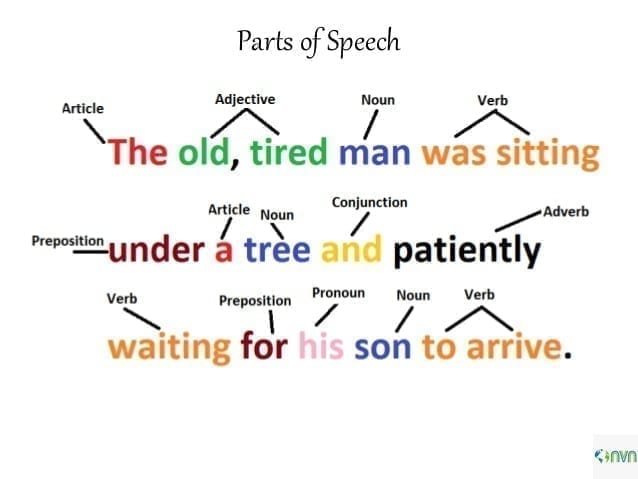General Knowledge
5 Grammar Basics To Know For Sure

Presentation is an important part of everyone’s life. Be it at work or while interacting with others, it is the manner in which one presents himself/herself is what makes or breaks the deal. Presentation is all how one conveys the message and channelizes his/her flow of thoughts to create an impact.
But, a person can, only, convey his thoughts well if he has strong control over a particular language. Be it French, Bengali, Hindi, or Mandarin, none of the languages are inferior to the other, and hence, it isn’t justified to demean any of them based on usability.

Revisiting The Grammar Basics
However, just like the famous saying goes – when in Rome do as the Romans do, one language which everyone must know, even if in bits and pieces, is English. In the modern world scenario, knowing basic English is of great importance as in most cases, the only common language understandable by all is English.
And so, it is just because of this particular fact that today it is accepted as the most common medium of communication – be it written or spoken. And thus, for all those who wish to learn the basics and also, for those who want to revise their grammar fundamentals, we bring you 5 of the easiest to follow and important grammar rules, which are sure to help you be a good presenter.
-
Using Active Voice
One of the fundamental rules of English grammar is that the subject is always followed by a verb and then by an object. Be it written in spoken English, it is important to follow this rule to form grammatically correct and meaningful sentences.
Examples
- The dog loved Susan.
- I eat five apples every day
-
Double Negatives
Although grammatically correct, the use of double negatives in a sentence has always been a topic of debate amongst the grammar Nazis. Not only this, but it also creates confusion and man a time, which may hinder the flow of thoughts. And so, it is always advisable to avoid the use of 2 negatives in a particular sentence, and if not, then at least rephrase it appropriately.
Examples
- That won’t do you any good
- There isn’t any problem

Laying A Strong Foundation
-
Use of Simple Present Tense
One of the major grammar issues faced while communicating in English is that of using the correct tense. It is always a good practice to use the simple present tense when talking about habitual actions. It not only avoids the dilemma faced with the usage of tenses but also, helps in expressing things well without any sophistication
Examples
- Susan likes cats
- I drive to Gurgaon every day

Practice Is The Key To Perfection
-
Gender-Neutral Pronouns
In today’s world where the gender lines are blurring and we are moving towards a gender-neutral society, it becomes imperative to be aware of and use pronouns that follow the same fashion. Many a time while addressing a gathering or pitching to a client online, we are not completely aware of who is there behind the screen or in the gathering. And so, it is always preferable to use gender-neutral pronouns, as much as possible, to respect everyone present.
Examples
- Them, They, Their, Everyone, and That Person
- Zie, Sie, Vis, Ters
-
Subject-verb Agreements
One of the fundamental rules of grammar includes making the subject agree with the corresponding verb. Be it written or spoken English, this rule holds true in all the cases and ensures a proper and sensible sentence formation and flow of thoughts.
Examples
- The bus, as well as the passengers, was gone
- Nothing has been determined as yet






























